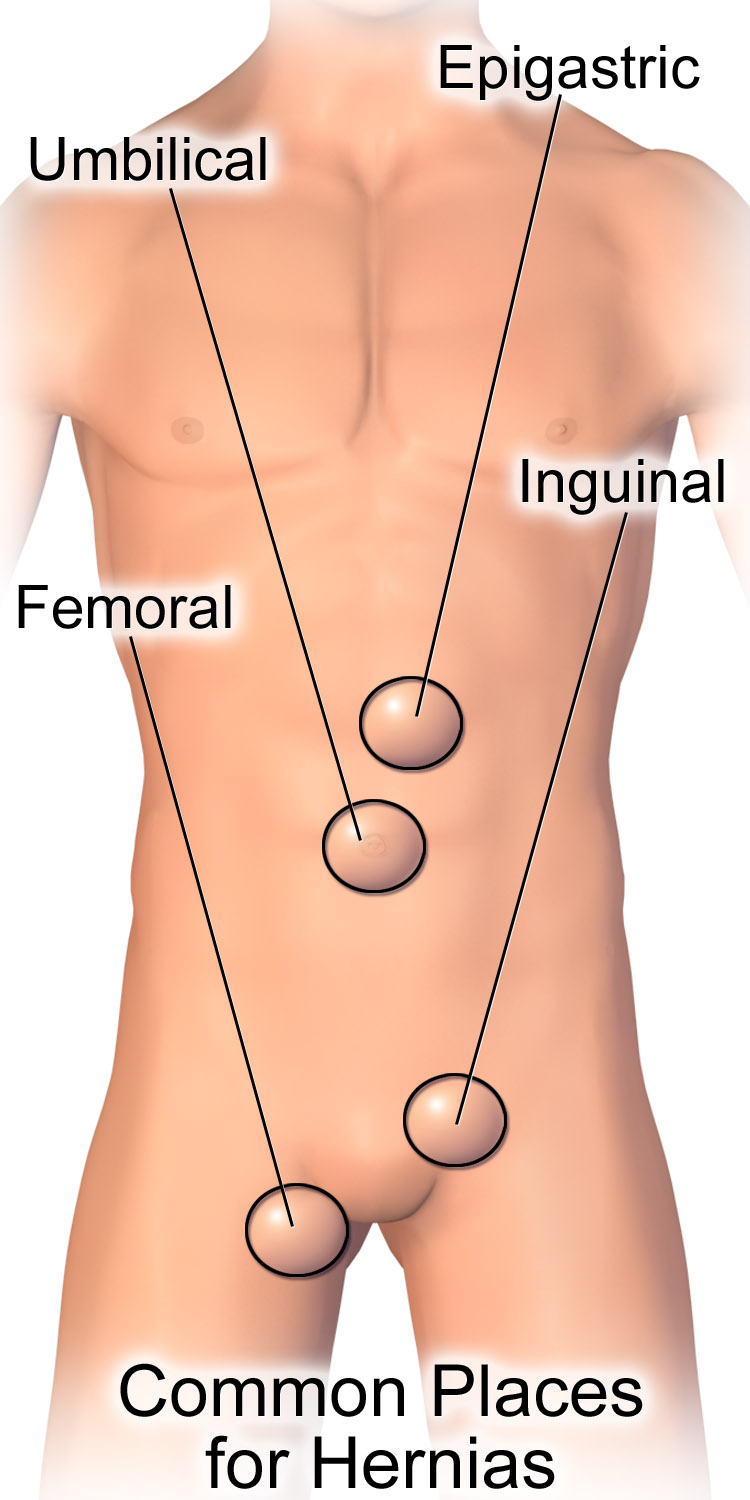5 Causes of Lower Abdominal Pain When Coughing & When to Worry
Our content is not intended nor recommended as a substitute for medical advice by your doctor. Use for informational purposes only.
Hello everyone! It’s Dr. Farahat here.
I often hear from my patients, “Doctor, why does my lower abdomen hurt when I cough?”
Most of the time, this pain is due to simple muscle strain or tender ovaries, especially during a woman’s childbearing years. However, sometimes abdominal pain can indicate more serious health issues.
In this article, I’ll explain the five main causes of this pain and help you identify the most likely reason behind yours.
1. Abdominal muscle strain
Lower abdominal muscle pain may be the most common cause of lower abdominal pain when you cough. It is the simplest, most benign, and temporary cause.
Abdominal muscle strain is a minor muscle injury or partial tear of the microfibers of the lower abdominal muscles (reference). When you cough, the injured muscle in the lower abdomen cause pain.
Common causes include:
- Intense workouts (especially Ab workouts, but they can occur with other types of body workouts).
- Interestingly, COUGH itself can cause abdominal muscle strain if it is severe.
- Lifting heavy objects.
- Sudden twisting or fast movements.
- Not getting enough rest after stressful workouts.
- Prolonged stress on the abdominal muscles (running a marathon, biking, hiking, swimming for long periods, etc.).
Symptoms:
Suspect lower abdominal muscle strain as a cause of the pain when you cough if:
- You have a history of stressful workouts, sudden twisting, or lifting a heavy object a few hours or days before the onset of pain.
- A cough that is severe or prolonged may cause lower abdominal strain. In such a case, the onset of lower abdominal pain is after the onset of the cough.
- The pain also increases when you sneeze, bend, move, or lift an object.
- The pain is very mild or absent when your stay still or sleep.
- The pain is stabbing or stretching in nature.
- A feeling of continuous spasm or tension in the lower abdomen.
- In severe cases, the strain may become associated with bruising.
- The pain is NOT associated with:
– changes in bowel habits (diarrhea or constipation).
– not associated with menstruation or pregnancy in females.
– colics (waves of contractions and partial relief).
– fever.
Treatment:
- Rest is the most important treatment. Putting continuous stress on your abdominal muscles and not getting enough rest will cause lower abdominal pain.
- Cough sedation: Identifying and treating the cause of the cough also improves the condition.
- Cold therapy: applying an ice pack or a bag of frozen vegetables will help ease the lower abdominal pain.
- Heat therapy: a heating pad will help relax your lower abdominal muscles and ease tension and pain.
- OTC pain medications such as Ibuprofen (Advil) may help ease the pain (note that paracetamol is less effective in such types of pain).
- Topical creams that contain analgesics may also help.
What to expect:
In most cases, the muscle strain of the lower abdomen goes away within a few days or weeks. However, treatment of cough is important as it can be the cause of lower abdominal strain.
2. Hernias (inguinal, femoral, pelvic, etc.).
Hernia of the lower abdomen and pelvis may cause lower abdominal pain when you cough. The most common type is inguinal hernias.
A hernia occurs when the internal abdominal organ (commonly the intestine) pushes through a weakness in the abdominal wall muscles.
With an inguinal hernia, fatty tissue or part of your intestine bulges into your groin through a small defect at the top of your inner thigh.
Nearly 5 million Americans have abdominal wall hernia (reference).

Symptoms:
The symptoms vary according to the site, size, and degree of the hernia.
A hernia is often painful in the early stages.
- A hernia is often painful in the early stages. For example, Inguinal, femoral, and other lower abdominal hernia causes lower abdominal pain.
- The pain worsens when you cough, sneeze or lift a heavy object.
- Very small hernias can be completely asymptomatic or cause minor pain or stretching when you cough.
- Unlike muscle strain, the pain is often localized to the area (often at one side of the lower abdomen).
- A BULGE is the most common sign of hernias. For example, patients with inguinal hernia notice a bulge in the top of their inner thigh (often at one side).
- The bulge often increases in size when you stand up, cough, or lift a heavy object.
- It disappears when you are sleeping or when you press it.
- Indirect inguinal hernia is a type of hernia that may reach the scrotum in males and cause scrotal swelling at one side.
- Rarely, the hernia may cause complications such as intestinal obstruction or gangrene.
Hernias often need surgical repair. Also, consult your doctor if you notice a bulge in your lower abdomen or inner thigh when you cough.
3. Female pelvic issues
The female pelvic organs are a common source of abdominal pain. Consider these pelvic organs if you are female and have lower abdominal pain when coughing.
Both physiological conditions and diseases of the female reproductive system can cause lower abdominal tightness or pain when you cough.
Common causes include:
A. Physiological causes:
- Before and during menstruation.
- During ovulation.
- During pregnancy (especially the early stages).
B. Diseases (pathological causes).
- Uterine fibroid.
- Ovarian cysts.
- Intrauterine Devices (IUD).
- Premenstrual syndrome.
- Pelvic inflammatory disease.
- Tumors such as ovarian and uterine cancers.
- Pelvic adhesions.
- Pelvic congestion syndrome.
We’ve discussed all these causes in detail in this article: causes of lower abdominal tightness in females.
4. Small intestine or colon diseases.
Several intestinal and/or colonic diseases may cause lower abdominal pain. However, the pain is not associated with cough in most cases.
Intestinal or colonic diseases often cause recurrent colics (waves of pain that come and go).
A- Constipation (Occasional and chronic):
Constipation affects about 20.8% of females (compared to 8% of males). one of the most common symptoms of chronic or recurrent constipation is lower abdominal tightness (reference).
Constipation means a passage of hard stools or passing fewer than three bowel movements per week.
The most common causes of chronic constipation are chronic idiopathic constipation and IBS constipation.
Also, constipation can be secondary to diseases such as hypothyroidism, systemic sclerosis, diabetes mellitus, and other neurological diseases (reference).
Patients with constipation often suffer from lower abdominal discomfort or pain. The pain is commonly on the left lower abdomen and may increase when you cough.
B- Irritable Bowel Syndrome.
IBS affects about 10-15% of the population worldwide. Also, females are 2.5X more likely to be affected by IBS than males.
Symptoms of IBS include:
- Abdominal pain or discomfort (tightness).
- The pain or tightness can diffuse or affect parts of your abdomen, such as the lower abdomen.
- The pain or tightness has occurred at least once weekly for the past three months.
- The lower abdominal tightness changes with bowel movements (either improves or worsens after bowel movements).
- The onset of lower abdominal tightness is associated with a change in stool form (stool becomes harder or looser).
- The onset of lower abdominal tightness is associated with a change in stool frequency (diarrhea or constipation).
- Passage of mucus in stool.
- Bloating.
- Usually, the symptoms of IBS are triggered by eating certain foods or by stress and anxiety.
- Patients with IBS often have a low threshold for pain. In severe cases, the IBS may become triggered by movement or cough.
Learn more about IBS and its diagnosis.
Other less common intestinal/colonic diseases that can cause lower abdominal pain when coughing:
- Acute diverticulitis.
- Acute gastroenteritis.
- Ulcerative colitis.
- Crohn’s disease.
- Colorectal cancer.
- Intestinal obstruction.
- Fecal impaction.
- Mesenteric vascular occlusion (intestinal gangrene).
- Acute appendicitis.
5. Urinary bladder diseases.
The urinary bladder lies in the pelvis. Conditions affecting the urinary bladder often cause lower abdominal pain.
The pain from an inflamed urinary bladder often increases with movement, coughing, or sneezing.
Common causes include:
- Urinary tract infections involving the urinary bladder (cystitis).
- Urinary bladder stones or gravels.
- Urinary bladder cancer.
- Less common diseases such as interstitial cystitis, Hunner’s ulcers, etc.
Symptoms of urinary bladder problems:
- Dysuria (pain or burning sensation when you pee).
- Frequent urination.
- Persistent urge to pass urine even immediately after peeing.
- Bloody or turbid urine.
- Fever and muscle aches.
- Lower abdominal pain (increases when you cough, bend or move).
- Urine incontinence.
When to worry (see a doctor) for lower abdominal pain with coughing?
In many cases, the causes are often benign, such as muscle strain from coughing or workouts.
See a doctor if you experience:
- Severe unexplained and intolerable abdominal pain with coughing.
- Severe tenderness when you press your lower abdomen.
- The localized bulge in the lower abdomen or the upper part of the inner thigh.
- Fever.
- Unusual vaginal bleeding or secretions.
- Severe dysuria (painful urination) and frequent urination.
- Change in the color of urine (bloody or cloudy).
- Severe diarrhea or bloody stools.
- Constipation for several days.
- Vomiting.
- Evidence-based
- Written by a doctor.






